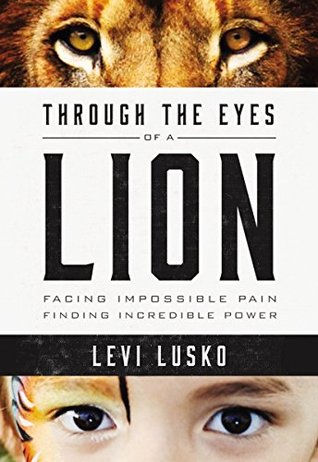More on this book
Community
Kindle Notes & Highlights
People take their lives without realizing it’s a permanent solution to a temporary problem.
No wonder Paul compared grief to the viciousness of dangerous surf. Grief is powerful and unpredictable. Your skin flushes, your heart burns, and your eyes sting. It’s very difficult to keep your thoughts collected, and all but impossible to keep your emotions at bay. With the exception of when you’re under the influence of drugs or alcohol, grief is probably the most powerful mood/mind/body-altering state you can be in, especially in the initial shocking aftermath of the traumatic event that caused it.
The symbol of the anchor is powerful because of what it stands for: hope. The book of Hebrews speaks of “this hope we have as an anchor of the soul, both sure and steadfast” (Hebrews 6:19). That’s a game changer. A boat that is anchored can be battered, but it won’t be moved. Because of Jesus, we have hope. And because of hope, even in the midst of the worst storms of this life, we have an anchor for our souls.
Hope is a confident expectation. A joyful anticipation. An active, dynamic, energizing enthusiasm.
When you have hope, gale-force winds can blow and tsunami waves can smash into the hull of your life, but you are buoyed by the belief that the best is yet to come, that brighter days are ahead. Hope quietly tells your heart that all is not lost, even as storms rage. Our hope is a living hope, because Jesus lives forever.
Carl Lentz told us, “It’s better to win ugly than to lose pretty. The secret is to keep showing up.” There is real truth to that. Don’t quit! Scream if you need to scream, cry if you need to cry, but don’t let go—because you are going to need what God wants to give you.


